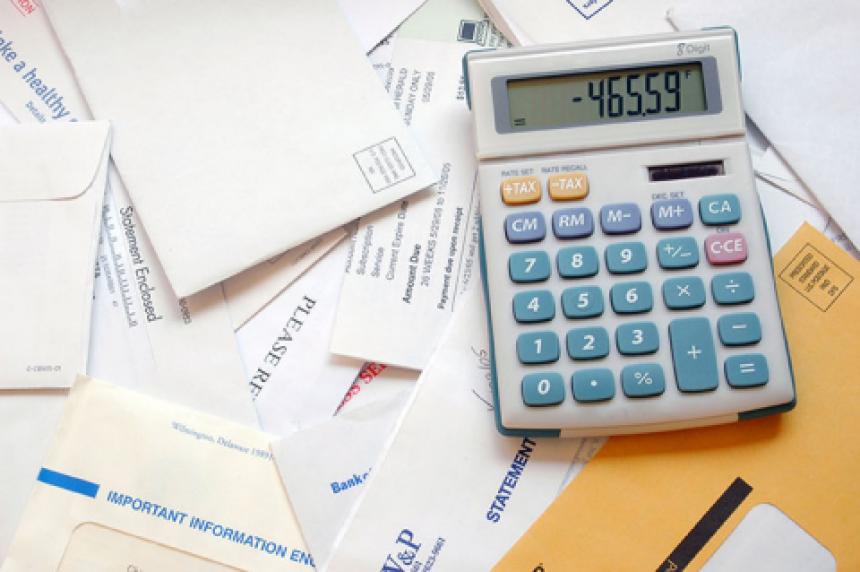
Contrary to popular belief, not all debt is “bad.” In fact, certain types of debt may actually help improve your financial future (such as a mortgage). However, if debt goes unmanaged, it can become overwhelming and could lead to many financial problems. Ideally, you should only maintain low-cost debt with potential tax advantages and work to eliminate the rest.
How can you reduce debt?
There are two common approaches you could carry out to reduce debt:
- Debt Repayment Strategies
- Debt Consolidation
Take the pros and cons of both into consideration as you decide which method you want to set in motion to help you reduce or even eliminate debt, potentially enhance your credit standing, and feel more in control of your finances.
Debt Repayment Strategies
Before you create your debt repayment strategy, it’s important to fully understand your financial picture by taking a few minutes to do the following:
- Make a list of all your outstanding debt, including your remaining balances and interest rates.
- Make note of what you earn each month.
- Write down how much money you have available in savings to use toward eliminating debt (including a potential tax refund).
- Review your spending habits to make cuts where you can – and then use that money to help pay off your debt as well.
Once you’ve taken these steps, consider one of the following strategies to help reduce your debt:
- Focus on your high-interest debt first. This strategy focuses on paying off your highest-interest debt first (which may typically be a credit card). Make more than the minimum payment to this debt each month. Once you repay that debt, work on paying down the next high-interest debt on your list. Using this strategy may take some time, but it’s a good way to save money in the long run as you’ll spend less in interest.
- Focus on the smallest balance first. This is where you repay debt beginning with the smallest balance first and then moving on to the next one and so on. This strategy is designed to help you pay off entire loans faster, which may help you feel motivated to keep going.
Whatever strategy you decide to use, the important thing to understand is you’re taking steps to help reduce your debt. If this seems overwhelming to you, it might be a good idea to meet with a trusted financial advisor to help create a debt repayment strategy – especially if you feel you can’t contribute more than the minimum payment to a loan or if you feel you may be tempted to re-accumulate debt after you’ve paid off a loan. A financial advisor can work with you to help develop the right strategy for your situation and then help you plan for your financial future.
Debt Consolidation
Another way to help reduce debt is to consider debt consolidation – this is when you obtain a personal loan or equity loan with the intent to pay off your debt and start fresh. Let’s take a look at a few of the advantages of using debt consolidation to eliminate debt:
- All of your debt can be rolled into one monthly payment, and the rate could be lower than what you’re currently being charged.
- You may be able to pay off your debt faster because you’re only making one payment each month.
- You may be able to avoid any further credit damage due to missed or late payments.
If this is the direction you’d like to go, below are a few precautionary measures to keep in mind:
- If you reuse your credit cards or other loans prior to paying off your consolidated debt, it’s possible you’ll get into deeper debt and may see more issues down the road.
- If the consolidation plan doesn’t work, then you’re likely back to square one or worse.
- You may not be able to obtain a personal or equity loan because of your existing credit score or financial situation.
Taking the first step to reduce or eliminate debt is a sound financial decision. Be sure to recognize that reducing or eliminating debt takes time, effort, commitment and consistency. There is no “quick fix” and no easy way out. Overall, a plan to reduce your debt is a great way to help you likely enhance your credit standing, feel more in control of your finances, and plan for a solid financial future.
© BancorpSouth 2019

